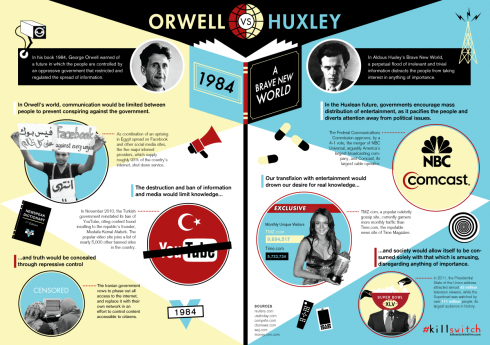Do English speakers, whose language has a clear distinction between things that happen today and things that happen in the future, discount the value of the future in ways that the speakers of some other languages do not?
M. Keith Chen argues [pdf] that syntax plays a role. His analysis suggests that if your language’s syntax blurs the difference between today and tomorrow (as do, say, Chinese and German) then you are more likely to save money, quit smoking, exercise and otherwise prepare for times to come. On the other hand, if you have three dollars in your IRA and a big credit-card balance, it’s a safer bet you speak English or Hausa or Greek or some other language that forces speakers to distinguish present from future.
— Berreby (2012): Obese? Smoker? No Retirement Savings? Perhaps It’s Because of the Language You Speak on BigThink.
If this hypothesis holds up, there may well be significant implications for how different language speakers see and address long term environmental issues like global climate change.
(via The Dish).
